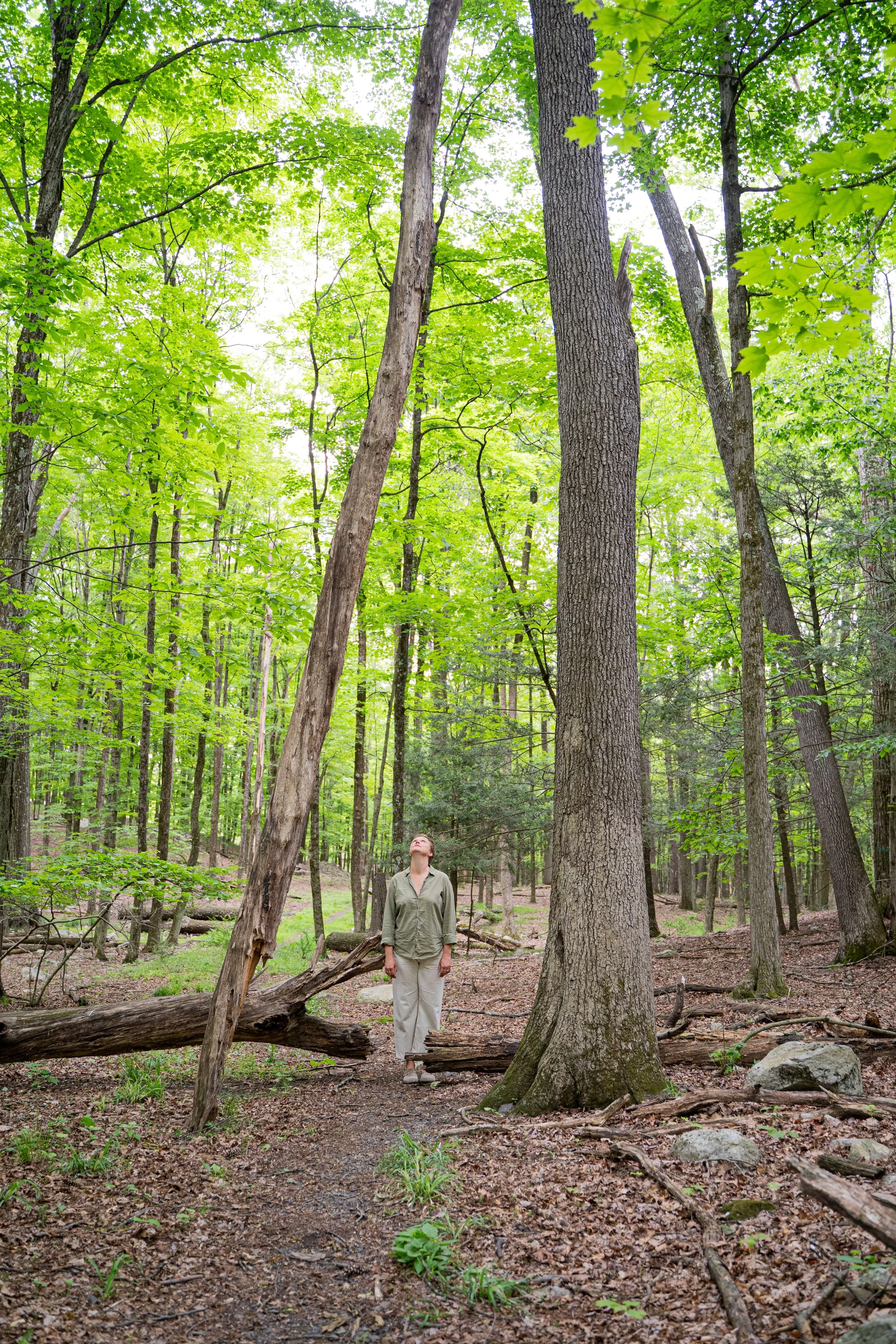
I partner with individuals and families to explore a truthful history of lineage and wealth to take grounded action.
Work with me.
-

Join a Circle of Practice.
Circles of Practice is a cohort-based peer learning initiative launched in 2020 that invites white folks to join in small groups to story-tell, support, get curious as they explore the essential question: What does reparations mean to me? This initiative is intended to support small groups of white folks to reflect and take action on repair and reparations and grow the numbers of white people committed to the work of healing historic injury.
-

Get Guidance.
Many of us see the need for repair all around us and we feel the pull deep within to live and work in service of this purpose. We also recognize that staying the course towards the future for which we’re longing, is much more possible, joyful, and sometimes more easeful with support and accompaniment. Akin to coaching, work with me to bring more alignment and more possibility to your work, creative projects, and vocational endeavors, with a particular focus on repair.
-

Navigate your inheritance.
I partner with individuals and families to explore a truthful history of lineage and wealth, to animate your reparative engagement. Akin to consulting, I use a combination of informal conversations, qualitative interviews, field and desk research, collaborative writing, and community engagement to help you navigate a more fulsome understanding of your cultural inheritance and how it can serve as a compass to guide your action.